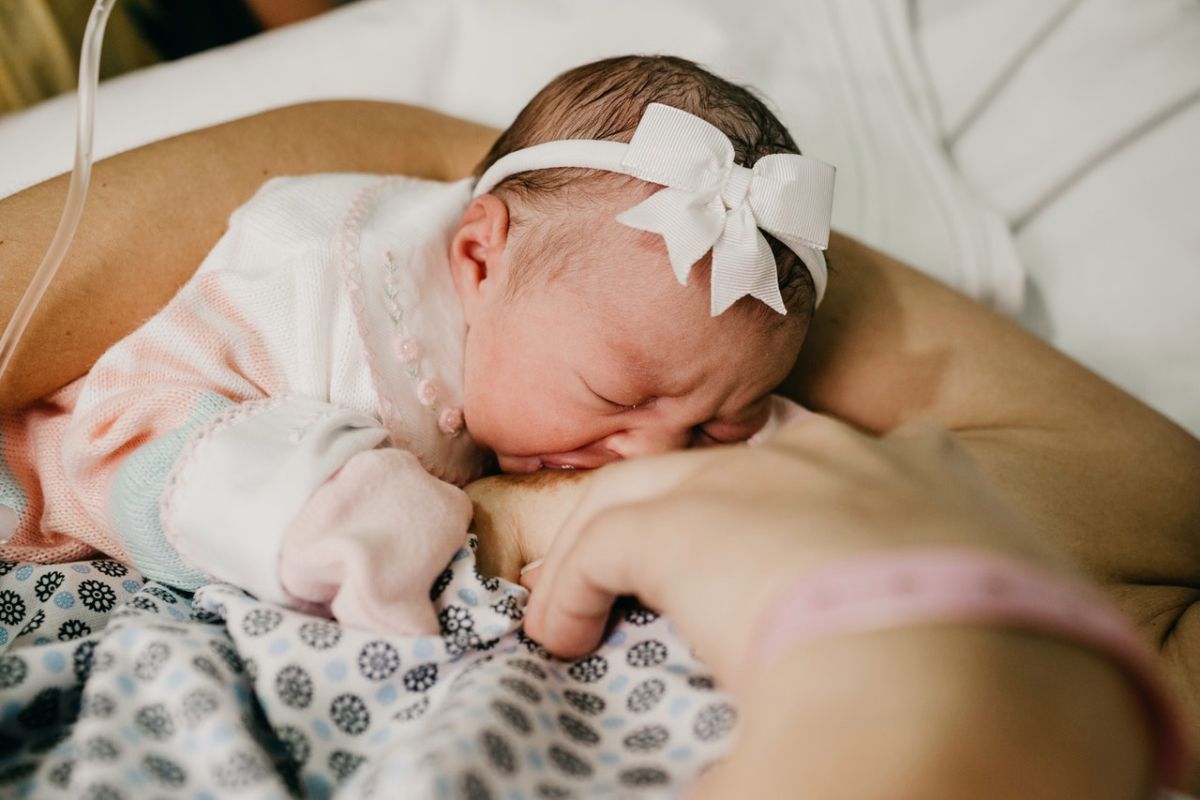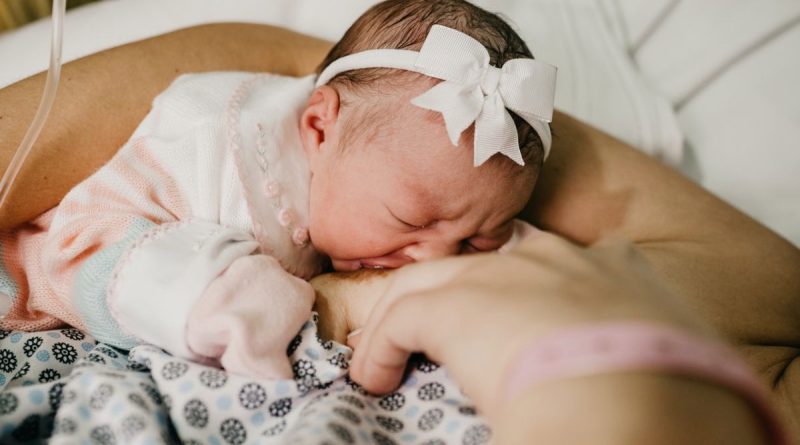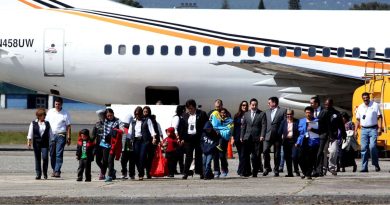Can women with COVID-19 breastfeed their children? | The State

The WHO points out that it is not safer to feed infants formula milk.
Photo:
Jonathan Borba / Pexels
Skin-to-skin contact and a Breastfeeding, early and exclusive helps your baby to develop healthy. During the Covid-19 pandemic, fears arise of being able to infect nursing babies, especially if the mother is suspected or confirmed to be positive by coronavirus.
Breast milk is the ideal food for babies. Provides babies with all the nutrients and fluid they need. It is safe and clean and contains antibodies that help protect against many common childhood diseases.
Can women with COVID-19 breastfeed their children?
The World Health Organization and UNICEF encourage women to continue breastfeeding during the COVID-19 pandemic.
When in doubt, the WHO responds that so far no active viruses detected in samples of the fluid that surrounds the baby in the uterus or breastmilk.
The organization notes that women with COVID-19 can breastfeed their children if they wish, adopting the appropriate infection prevention and control measures. It states that benefits of breastfeeding far outweigh potential disease risks associated with the coronavirus. It is not safer to feed formula milk to infants.
The National Institute of Women in Mexico advises that if you feel very bad health and are not in the ideal conditions to breastfeed your baby, your partner, someone who supports you or you can try to provide breast milk by other safe means by baby.
Milk can be expressed and given from a bottle, a spoon or a clean cup. The baby can also be fed the milk of a donor mother.
Breastfeeding precautions
- Wash hands frequently with soap and water or wipe them with alcohol-based hand sanitizer, especially before touching the baby.
- Wear a mask or medical mask (surgical) during any contact with the baby, especially while breastfeeding.
- Protect your mouth and nose with a tissue when sneezing or coughing. The handkerchief must be discarded immediately and hands must be washed.
- Both the mother and anyone who helps her hands should be washed before extract milk or from play any piece from the pump, breast pump or other container used; they should also clean and disinfect all surfaces.
The WHO indicates that even when mothers do not have medical masks, they should apply the rest of the preventive measures indicated and continue breastfeeding.
Wash the chest
You should wash your chest if you have coughed on it; use warm water and soap, scrub gently for at least 20 seconds. It is not necessary to wash your breast before each feeding or expression of milk.
The immediate and continuous skin-to-skin contact, including the “kangaroo mother” technique, it also improves the regulation of the temperature of newborns and is associated with greater neonatal survival.
Babies should be exclusively breastfed for the first 6 months of life. From 6 months, breast milk should be supplemented with a variety of foods that are adequate, safe and nutritious. Breastfeeding should be maintained until 2 years of age or older.
It may interest you:
.



